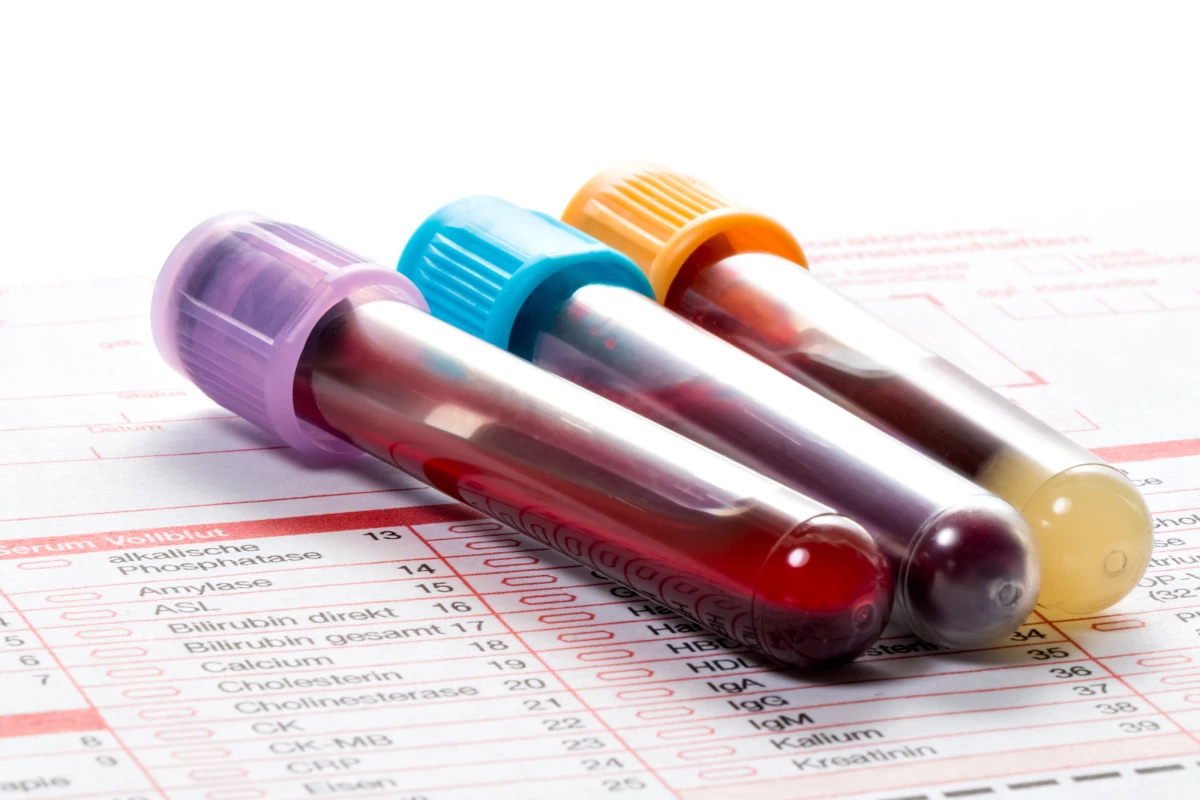In a first-of-its-kind study thousands of people with no history of cancer were screened with a new experimental multi-cancer blood test. Promisingly, the results caught a number of pre-symptomatic early stage cancers, but the test did miss some cancers suggesting it most likely will need to be used in combination with other diagnostic tools.
A broad variety of different blood tests are currently in development, promising to detect cancers at its earliest stage. From tracking certain protein levels, to detecting mutated genes, these universal cancer tests point to an exciting future where a small blood sample could be screened for the presence of scores of different cancers.
Many of these prospective tests are in different stages of development, but none have so far progressed into clinical use. A new study, called DETECT-A (Detecting cancers Earlier Through Elective mutation-based blood Collection and Testing), is offering the first large trial evaluating the efficacy of a multi-cancer blood test in a real-world population.
The test trialled is called CancerSEEK, and it looks for circulating DNA in a blood sample. The test tracks mutations in 16 particular genes that have been causatively linked to a number of cancers. Nine extra protein biomarkers are also included in the test to enhance its diagnostic accuracy.
The large trial recruited over 10,000 women with no history of cancer, between the ages of 65 and 75. If a blood test came back positive, the subject subsequently underwent full-body PET-CT imaging to confirm and locate the presence of cancer.
Across the 12-month study, 96 cancers were detected in the cohort. However, the blood test only picked up 26 of those cancers. The other 70 cancers that appeared in subjects over the 12-month study were picked up using conventional methods, either through other standard of care diagnostics or by symptoms appearing over the year-long trial. The test also presented 101 false positive results, which is a small number considering the size of the cohort, but relevant nonetheless.
Out of the ten different cancer types picked up in the study, seven were cancers with no currently approved screening test, including notoriously difficult to catch cancers such as ovarian.
Christoph Lengauer, co-founder of Thrive, the company spearheading commercial development of the test, suggests the role of this kind of diagnostic tool will be not to replace other screening methods but to compliment and enhance the diagnostic process.
"This study is a seminal moment in cancer screening that advances the entire field," says Lengauer. “We learned that it can be both complementary to existing standard-of-care screening tools, and a significant benefit for many types of cancers like ovarian, appendix and kidney, which do not have any current screening modalities."
Thrive does note the test, at this stage, is only designed to be deployed in combination with medical imaging, and not intended as a solitary diagnostic tool. It still is unclear exactly when a test like this could reach broad clinical uses. Before a diagnostic such as this could be approved there would need to be clear guidelines in place establishing what other screening methods were used in conjunction with the blood test.
Still, despite the false positives and false negatives, 26 women in this study were able to catch a cancer at an early stage and are now undergoing treatment. David Daly, CEO of Thrive, notes the study brings this kind of diagnostic tool one step closer to clinical deployment.
"Through this first-ever interventional study, the teams at Johns Hopkins University, Geisinger and Thrive have forged a new path and advanced the field of blood-based earlier cancer detection," says Daly. "Thrive is now one step closer to realizing our vision of providing a comprehensive approach to cancer screening, helping to shift the paradigm so that in the future, most cancers can be identified through earlier detection when there is the greatest opportunity for cure."
The new research was published in the journal Science.
Source: Thrive




